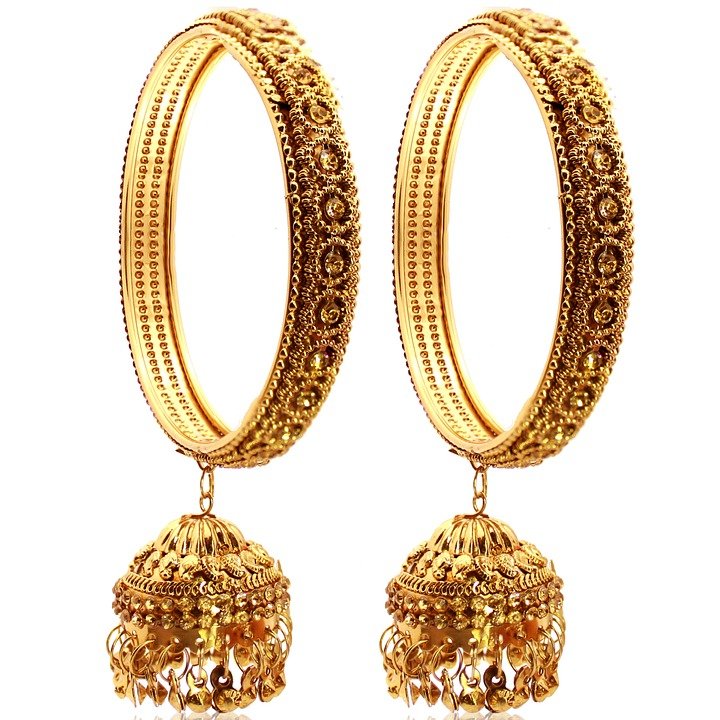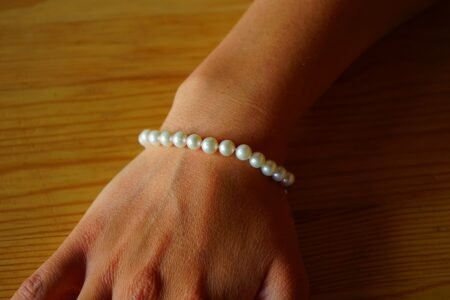
Unconventional Uses of Diamonds: Beyond Jewelry and Engagement Rings
Diamonds are widely known for their use in jewelry, particularly in engagement rings, but there is so much more to these precious gemstones than meets the eye. Diamonds have unique properties that make them valuable in various industries, from technology to medicine. In this article, we will explore some unconventional uses of diamonds beyond their traditional role in jewelry and engagement rings.
Diamonds in Technology
One of the most exciting and innovative uses of diamonds is in the field of technology. Diamonds are excellent conductors of heat and electricity, and their hardness makes them ideal for various applications. For instance, diamonds are used as heat sinks in high-power electronic devices like computers and lasers. The high thermal conductivity of diamonds helps dissipate heat efficiently, ensuring that these devices function optimally. Additionally, diamonds are used as protective coatings on cutting tools and drill bits, enhancing their durability and performance.
Diamonds in Medicine
Diamonds also have promising applications in the field of medicine. Researchers are exploring the use of diamonds in drug delivery systems. The unique surface properties of diamonds can be modified to carry drugs and release them at a controlled rate, potentially revolutionizing drug delivery methods. Moreover, diamonds have been used in medical imaging technology. The high refractive index of diamonds makes them ideal for enhancing the quality of medical imaging, leading to more accurate diagnoses and treatments.
Diamonds in Energy
Diamonds have the potential to play a significant role in the energy sector. Scientists are investigating the use of diamonds in solar panels to improve their efficiency. By coating solar cells with diamond-like carbon, researchers aim to increase light absorption and reduce energy loss, ultimately enhancing the performance of solar panels. Additionally, diamonds can be used as electrodes in fuel cells, improving their performance and longevity.
Diamonds in Environmental Applications
Diamonds also have environmental applications that go beyond their beauty. Researchers are exploring the use of diamonds in water treatment technologies. The unique surface properties of diamonds can be utilized to create efficient and long-lasting water filters. Additionally, diamonds can be used as catalysts in chemical reactions, including those involved in environmental remediation. Their high surface area and stability make them valuable in reducing pollutants and contaminants in water and air.
Diamonds as Investment
Besides their functional uses, diamonds can also be a worthwhile investment. Diamonds have maintained their value over time and have even shown appreciation in value. As a tangible asset, diamonds offer a hedge against inflation and can be a valuable addition to an investment portfolio. However, it is crucial to consider factors like quality, certification, and market trends when investing in diamonds.
In conclusion, diamonds are not just beautiful gemstones for jewelry and engagement rings; they have diverse applications in various industries. From technology to medicine, energy, and even the environment, diamonds continue to showcase their unique properties and versatility. As innovations and research progress, we can expect to see more unconventional uses of diamonds emerge, further demonstrating their value and significance in our world.












